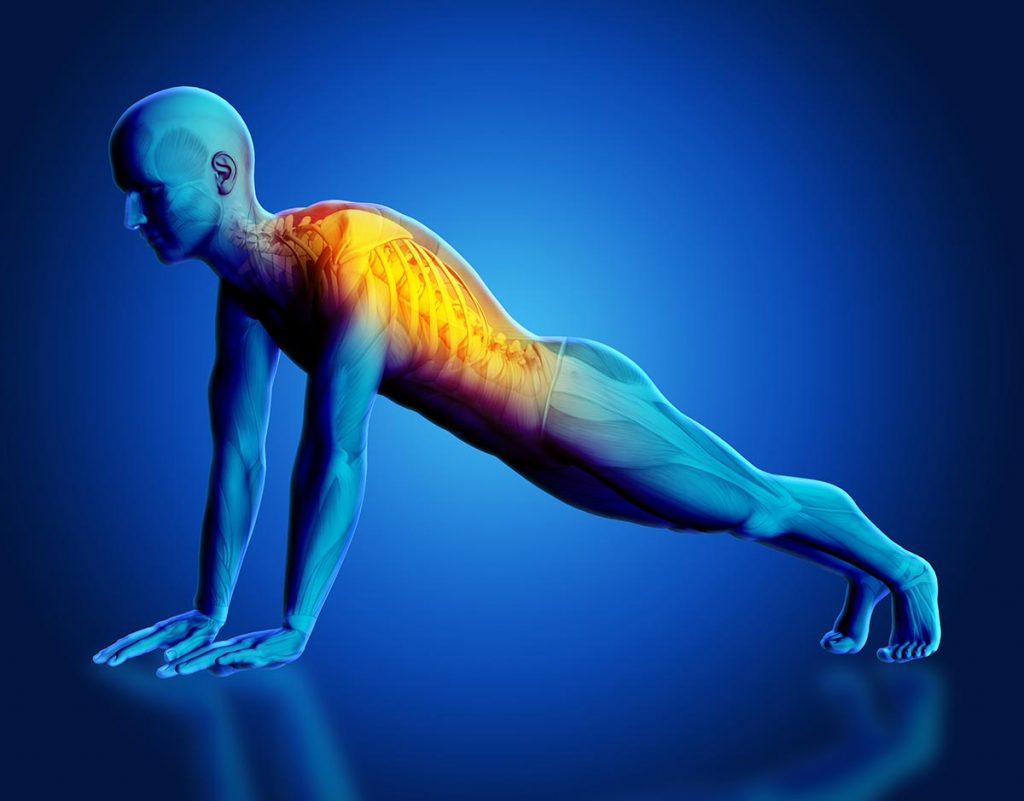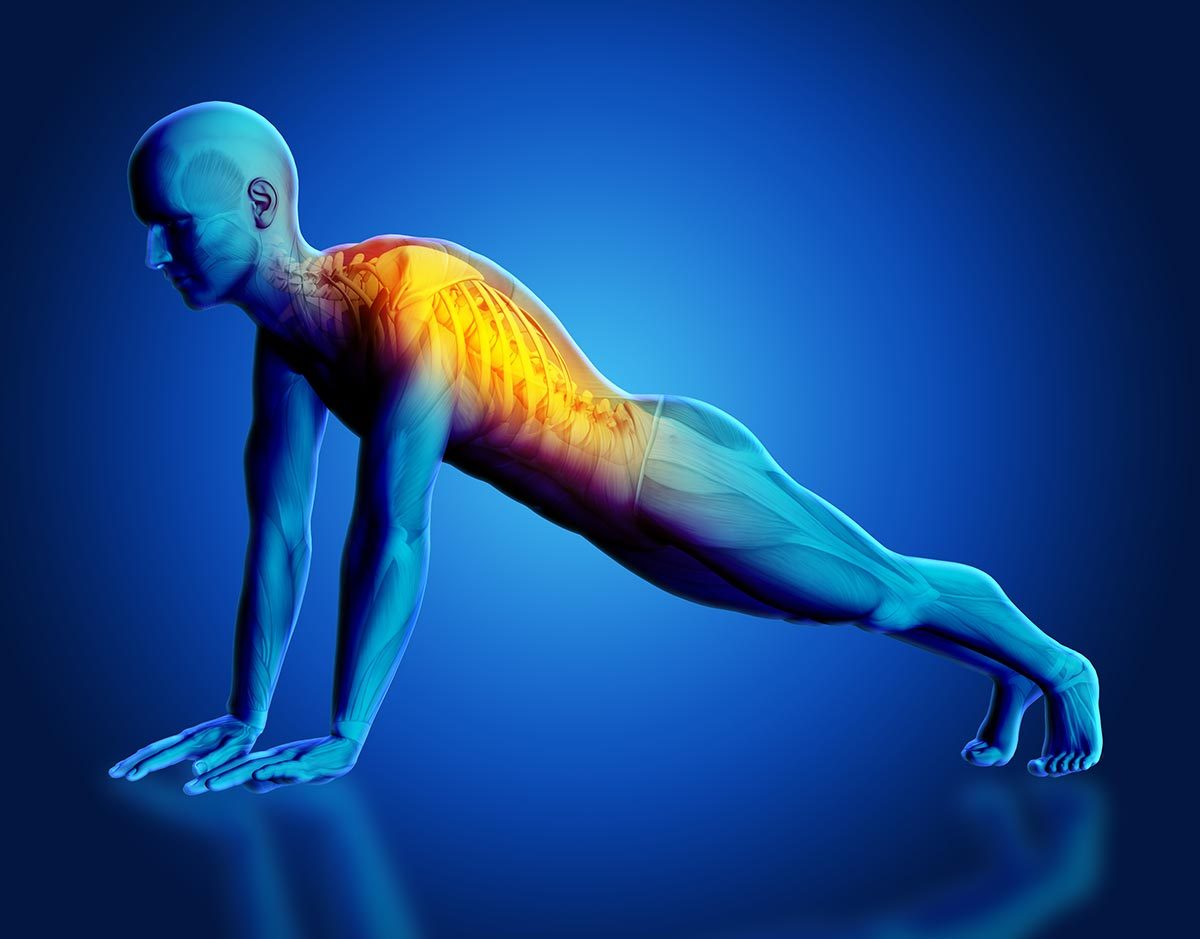Muscle Strains
![]()
Call (703) 520-1031 or use the form to send us your contacts.
Most people experience at least one muscle strain in their lifetime. Fortunately, most muscle strains are not serious and can be self-treated at home.

What is Muscle Strain?
A muscle is a soft tissue made up of thousands of elastic fibers bundled together and covered by a thin membrane. Skeletal muscles are attached to bones by tendons, enabling movement as the muscles contract and pull on the bones. A muscle strain can refer to injury to the muscle or to the tendon attached to the muscle.
A muscle strain occurs when the muscle is damaged. It can experience a minor injury due to overstretching (not torn) or a more serious injury that either completely or partially tears the muscle.
It is technically possible to strain any muscle, but it would likely take a traumatic event to tear a cardiac or smooth muscle. When people think about muscle strain, they talk about straining a skeletal muscle.
Also called a pulled muscle or a torn muscle, the most common strained muscles are in the:
- Lower back
- Neck
- Shoulder
- Hamstring (back of the thighs)
A pulled chest muscle is not as common but occurs frequently. Intercostal muscles are situated between the ribs and are usually strained during heavy lifting.
Symptoms
What does a pulled muscle feel like? A muscle strain can be painful but can range from mild to severe. Muscle tear symptoms depend on the extent of the tear. Symptoms of muscle strain include
- Sudden pain when the muscle is torn
- Pain that gets worse with movement
- Limited range of movement
- Muscle soreness
- Swelling in the area of the injury
- Bruising in the area of the injury
- Muscle stiffness
- Muscle spasms or cramping
- Muscle weakness
What does a torn muscle feel like? Muscle tear symptoms depend on the extent of the tear. The symptoms that quickly differentiate a moderate from a severe tear are the level of pain and the amount of loss in muscle strength.
For example, a moderately pulled lower back muscle will feel tight, stiff, and achy, but the person can continue with daily activities. A lower back muscle that is torn all the way through will cause severe pain and loss of muscle functioning. Often, a torn muscle will make a pop sound when the tear occurs.
What Causes Muscle Pull?
Muscle strain causes include:
- Overuse
- Fatigue
- Improper lifting of something heavy
- Repetitive motions over time
Participating in strenuous activities, like sports, increases the risk of back muscle strain and strain in the hands, legs, ankles, and elbows.
Prevention
Many muscle strains are preventable by maintaining good muscle strength and being aware of movements.
- Maintain a good overall physical condition with regular exercise
- Target muscles used for repetitive motions at work by following a muscle stretching and strengthening exercise routine
- Do not do strenuous activities when not physically prepared, i.e. athletic activities, lifting weights that are too heavy for the physical condition, etc.
- Warm up before doing strenuous activities so muscles are supple
- Learn the proper technique for lifting heavy weights
- Maintain a healthy body weight to avoid stressing back and leg muscles
- Maintain a good sitting and standing posture
Recovery
In many cases, muscle strain recovery is possible by following a few simple steps called the RICE rule:
- Rest the muscle
- Ice the area where swelling occurred
- Compress the muscle with an elastic bandage to
- Elevate the injured area
If necessary, take over-the-counter pain medication for mild or moderate pain. A severe muscle strain may require more aggressive treatment, like surgery or wearing a cast to immobilize the muscle.
